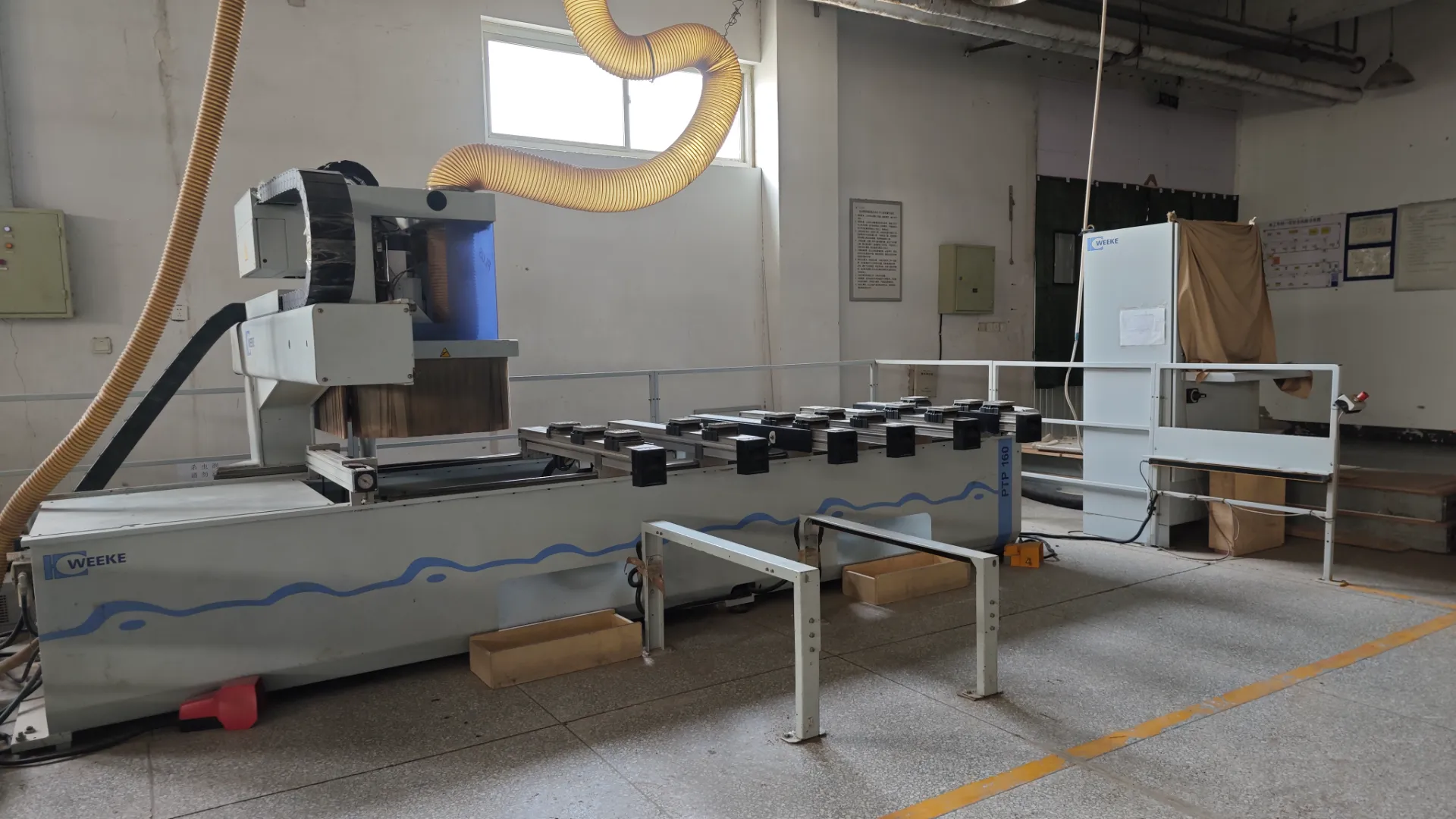அக் . 21, 2024 11:30 Back to list
Exploring the Features and Benefits of the POS Module in Modern Retail Systems
Understanding the POS Module A Key Element in Modern Retail Systems
In today's retail environment, where efficiency and customer satisfaction are paramount, the Point of Sale (POS) module stands out as a critical component of any successful business strategy. The POS module refers to the software and hardware that allow businesses to process transactions, manage inventory, and enhance customer relationships seamlessly. This article delves into the functionalities, benefits, and evolving landscape of the POS module in retail.
What is a POS Module?
A POS module is an integrated solution that enables businesses to conduct sales transactions effectively. It includes hardware components such as cash registers, barcode scanners, and receipt printers, alongside software elements that help manage sales data, inventory tracking, and customer information. Modern POS systems have evolved from traditional cash registers into sophisticated systems that cater to various business needs, making them indispensable in today's retail landscape.
Key Functions of a POS Module
1. Transaction Processing The primary function of a POS system is to process sales transactions quickly and accurately. With features such as touch-screen interfaces and the ability to accept multiple payment methods (cash, credit/debit cards, mobile payments), POS systems enhance the checkout experience, reducing wait times for customers.
2. Inventory Management A robust POS module helps businesses maintain optimal inventory levels. With real-time tracking, retailers can monitor stock levels, receive alerts for low inventory, and generate reports to analyze sales trends. This functionality minimizes the risk of stockouts and overstock situations, ultimately leading to better cash flow management.
3. Customer Relationship Management (CRM) Many POS systems integrate CRM capabilities, allowing businesses to collect and analyze customer data. This information can be used to personalize marketing efforts, improve customer service, and build loyalty programs. By understanding customer preferences and purchasing habits, retailers can enhance the overall shopping experience.
4. Sales Reporting and Analytics A significant advantage of using a POS module is the ability to generate detailed sales reports. Retailers can access data on sales performance, peak shopping hours, popular products, and customer demographics. These insights are invaluable for strategic decision-making, enabling businesses to refine their operations and marketing strategies.
Benefits of Implementing a POS Module
pos module

1. Increased Efficiency The automation provided by a POS system streamlines the sales process. Employees can focus more on customer service rather than manual calculations and paperwork. This increased efficiency translates into faster service and improved customer satisfaction.
2. Enhanced Accuracy Manual entry is prone to human error, but POS systems significantly reduce such risks. Automated calculations and inventory tracking ensure that retailers maintain accurate financial records and stock levels, preventing costly mistakes.
3. Scalability As businesses grow, their needs change. A flexible POS module can adapt to various business sizes and models, from small local shops to large retail chains. This scalability means that businesses can add functionalities based on their evolving requirements without overhauling their entire system.
4. Integration with Other Systems Modern POS modules easily integrate with e-commerce platforms, accounting software, and other business applications. This integration creates a unified system that enhances overall operational efficiency and ensures that data flows seamlessly between different departments.
The Future of POS Modules
The retail landscape is continuously evolving, and so are POS technologies. The rise of mobile payments, cloud computing, and artificial intelligence is shaping the future of POS systems. Cloud-based POS solutions enhance accessibility, allowing retailers to manage their operations from anywhere with an internet connection. Meanwhile, AI integration can offer predictive analytics, helping businesses forecast trends and adapt to changing market demands.
In addition, personalized shopping experiences driven by data analytics will become increasingly critical as consumers seek tailored experiences. The next generation of POS systems will likely focus on leveraging customer data to enhance engagement and loyalty.
Conclusion
The POS module is no longer just a tool for processing transactions; it has transformed into a comprehensive solution that drives efficiency, accuracy, and customer satisfaction in retail. As technology continues to advance, embracing modern POS systems will be essential for businesses aiming to thrive in an increasingly competitive marketplace. Investing in a robust POS module not only streamlines operations but also offers valuable insights and capabilities that empower retailers to meet the dynamic needs of their customers.
-
The Benefits of Electronic Shelf Labels for Modern Stores
NewsJul.01,2025
-
Space-Saving Retail Store Furniture Designs for Small Shops
NewsJul.01,2025
-
Slatwall vs. Gridwall: Which Store Fixture is Right for Your Business?
NewsJul.01,2025
-
Shop Fittings: Essential Elements for a Functional Retail Space
NewsJul.01,2025
-
How to Design a Minimalist Cosmetic Shop Display
NewsJul.01,2025
-
Creative Clothes Shop Display Ideas to Attract More Customers
NewsJul.01,2025


















































































































